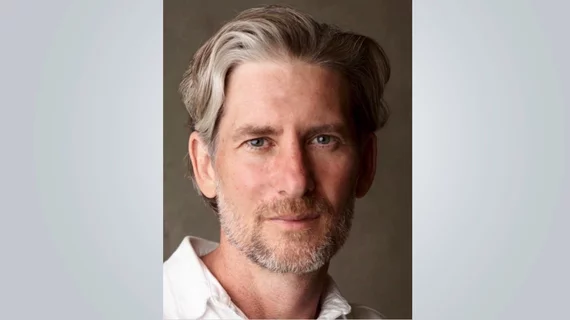Hyperfine taps former Apple guru as its new president and CEO
Hyperfine has hired medical device expert Dave Scott to lead the company, the portable MRI creator announced Tuesday.
Scott brings 25 years of experience with both startups and Fortune 500 companies to his new role as president and CEO of Guilford, Connecticut-based Hyperfine. He’ll soon get to work leading the commercialization and adoption of its Swoop imaging system.
“The possibility and potential that Hyperfine’s Swoop presents to truly change the landscape of healthcare for the world’s caregivers and their patients is an awe-inspiring opportunity,” Scott said in a statement. “Building off the success that this innovative team has already achieved, I look forward to helping Hyperfine make its mark on the world.”
Prior to Hyperfine, Scott led advanced research and development teams within Apple’s secretive Special Projects Group. He also served as chief operating officer and executive vice president for R&D at Verb Surgical, a venture started by Google and Johnson & Johnson.
Scott has more than 25 patents in X-ray, medical endoscopy and laser surgery applications to his name.
“Throughout his career, Dave has taken concepts previously considered improbable or even impossible—much like putting MRI on wheels—and made them real,” Hyperfine’s founder Jonathan Rothberg, PhD, said Tuesday. “I have no doubt that his visionary way of thinking and doing will help us achieve our giant vision for the future of Hyperfine.”

